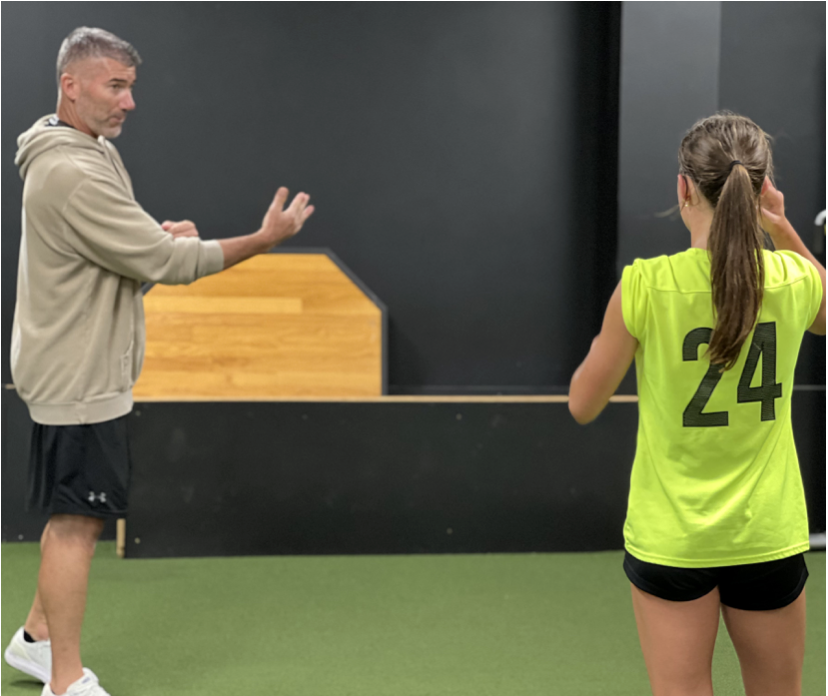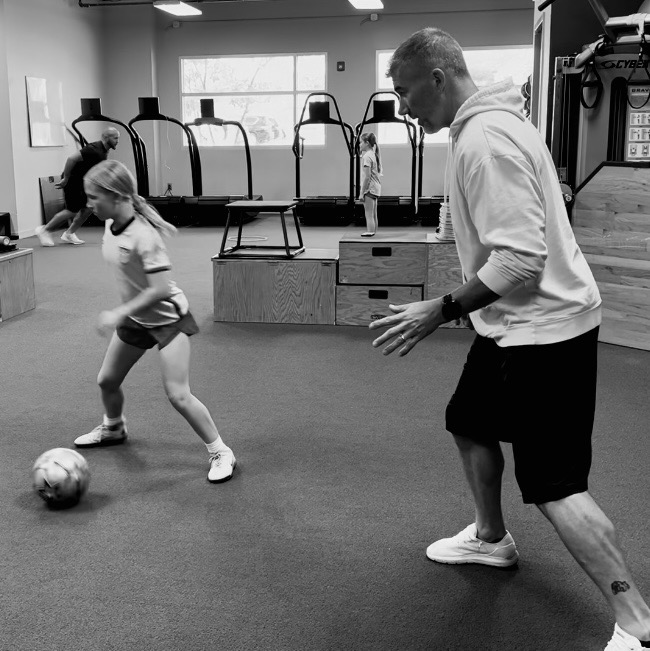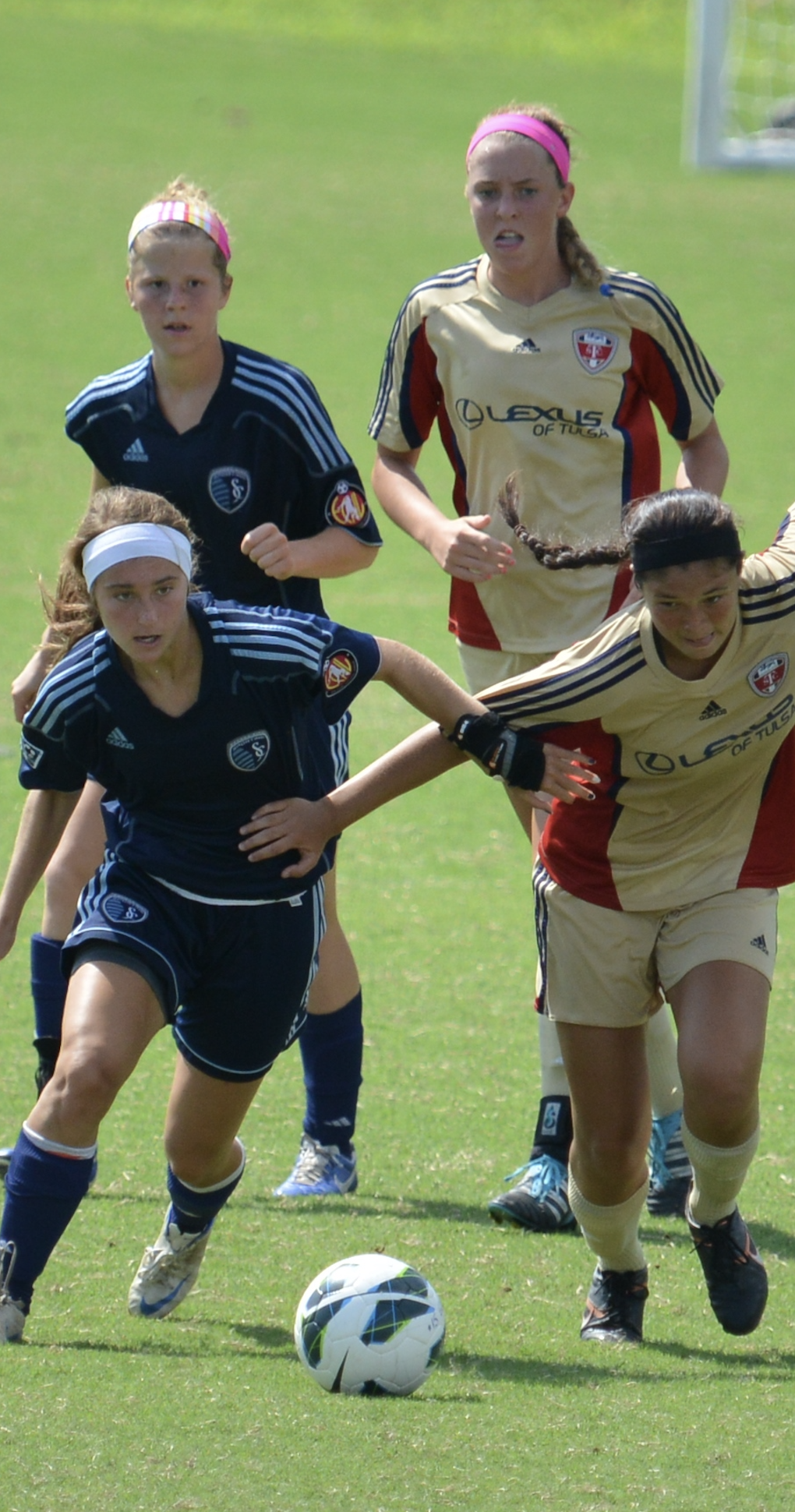FREE VIDEOS, ARTICLES & INSIGHTS
DELIVERED TO YOUR INBOX
Join our coaching community and receive a weekly email dedicated to exploring the attitudes and actions (culture) that has helped AthleteFIT make a positive impact on the lives of our athletes for the last 25 years.
Each week you'll receive a short email with links to:
Impactful quotes or insights that broaden our perspective
A video breakdown of a specific coaching technique
A short article on strengthening the coach-athlete relationship
A FEW EXAMPLES FROM OUR LAST EMAIL...

3 Quotes:
"Doing everything is not possible. Start with the most important thing and do it well."
"Focus on time and space. Optimize your time and give yourself space to maneuver. You'll broaden your perspective and enhance your results."
"It's aways difficult. It's difficult to perform when you lack the skills. It's also difficult to develop the skills. Choose to be frustrated, or choose to put in the work. Neither are easy, but it's your choice."

2 Ideas: Time, Space and Choices
The Value of Time and Space
Time and space are what you must control in sport and in life. In sport, the less time you give an opponent, the more inaccurate their skills. The more pressure they feel, and the more they rush decisions. Same in life. We must find ways to maximize our time, by making better choices on how we use it. What’s most important? How can I create more time to put effort into what really matters.
Time is a valuable resource, but so is space. In sport, defensive efforts are designed to control and limit the space an offensive player has to move. Forcing players to deviate from their desired plan. Same in life. Whenever we can, we should try to give ourselves space to maneuver. Expanding our perspective gives us ideas, lets us think outside the box. This gives us more control when we seemed to be pressured to make a difficult choice.
The Paradox of Choice
Give a person 10 options and the choice is difficult (everyone is afraid of making the wrong choice when given 10 flavors of ice cream). Give a person 2 options (chocolate or vanilla) and the choice becomes easy. The key to making great decisions is to quickly eliminate the less ideal choices, focusing your attention and giving you more time to assess the effectiveness of the best options.

1 Message:
If an athlete was not getting playing time—or making an impact in competition—and could only fit in one day per week, before practice, to train outside of normal team sessions. What would be the most important area of focus? 1) Strength, 2) Fitness, 3) Speed, 4) Skill or 5) Psychology Aspects?
It’s a difficult choice, and after giving myself some time and space to maneuver, the innovative answer changed my philosophy forever…
While strength, fitness and speed are all important components, each by themselves is not enough to significantly impact the game. They take time to develop. And to be effective, there are often tactical ways in which athletes need to modify them. Weight room strength workouts or sprints around cones are a piece of the puzzle, but don’t really teach the athletes how they might use these acquired skills to solve problems in the chaotic conditions of competition.
When we look at typical team training (practice) sessions, the focus is more team oriented. Tactically driven elements that focus on how the team works together towards a common goal. Small sided games, 1v1’s, scrimmages, set plays run against different tactical scenarios, etc. Each incorporating some type of speed, skill or strength requirement, with enough fitness to recover quickly between competitive bouts. But this environment never really gives a player the focused repetition they need to master the individual skills required to master their role.
I wanted to find a way to use my one session a week to attack this underdeveloped aspect, while also combining as many components together in ways that directly related to the problems they face on the field. I wanted to focus on technical skills, but it had to be different than practice. Giving them more repetition, at increasingly higher speeds, with focused precision, in the presence of challenging problems to solve. The more I thought about it, it’s skill that determines outcomes of the games, but only when combined with speed, decision making and tactical adjustments.
I started with simple technical skills, but coached them from an athletic perspective. Refining the balance, footwork, quickness and reactive repositioning of the body as it interacts with—and moves around—the ball. We did this in highly repetitive, dynamically athletic ways. In this environment we targeted some variations of agility, technical skill, reactive awareness and fitness. And we did it in ways that directly connect with the problems they encounter in competition.
As they progress, we layer in more complex thinking. Forcing them to find creative variations based on the challenging ways we change the environment. This forces them to think differently, more creatively, and more instinctively. We ask them questions and let them explore, this turns a physically challenging environment into an interesting exploration of their abilities. Now we are merging the skill, speed, fitness and psychological aspects into a single fast paced session that is actually fun.
These sessions have changed my philosophy significantly. And have increased both the confidence and competence of the players involved. Instead of limiting my thought process to focus on one physical or technical area, I shifted my focus towards dynamic athleticism…or “The ability to process information, react, and maneuver with precision at high speeds. Optimizing sport skills, creatively and strategically aligned with tactical goals.”
